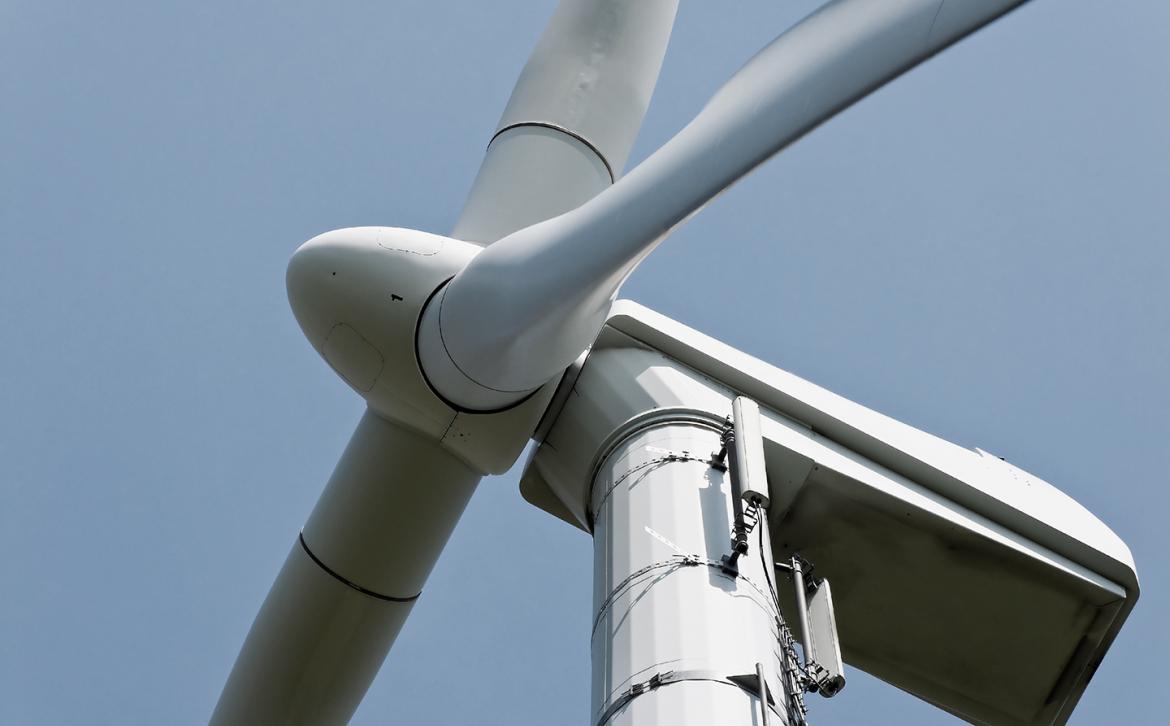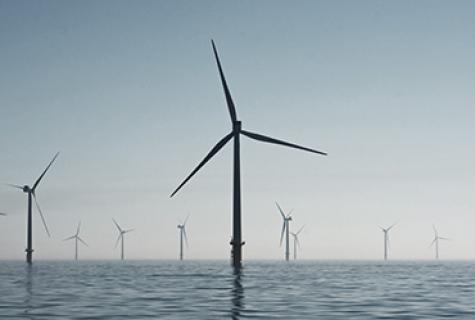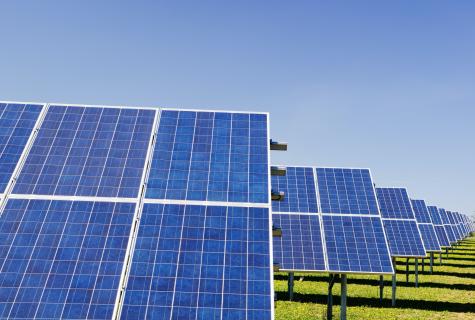NJORD Lithuania: New rules for resolving disputes between the developers of wind power stations and communities
In the last few months, several legal acts intended for the development of wind energy have been adopted or started to be drafted in Lithuania. The State aims to create a clearer investment environment for the development of both onshore and offshore wind energy.

It often happened that, when planning the construction of wind farms, the developers of onshore wind power stations came across individuals who were unfavourable to the construction of wind power stations. The State seeks to minimize the traditional disputes regarding the impact on the natural environment and the use of recreational resources by setting the parameters of the environmental impact assessment for the construction of wind power plants. The Ministry of Environment has approved new rules, effective from August 1, 2021, which require an assessment of the environmental impact of onshore wind power stations. The problem with various institutions and communities regarding the assessment of the impact on the environment, its cultural and recreational potential is planned to be addressed by establishing a limited list of exclusive zones where the negative impact of wind power stations on the visual and recreational potential will have to be assessed. Such map of exclusive zones is planned to be prepared by 1 December 2021. When drafting the new rules, developers had put forward various ideas to make the planning of wind farm construction even simpler, such as setting specific distances from certain objects or areas (parks, reserves, etc.), as is the case in some States of Germany. However, this path has not been chosen.
There are hopes that these changes will help to achieve the goal set in the Government's program that in Lithuania by 2025 30% of consumed electricity would come from renewable energy sources and by 2030 this amount would reach 50%.
At the same time, the Government plans to launch a tender for the construction of a 700 MW wind farm in the Baltic Sea. The tender is scheduled to take place by 2023. Electricity generation should start by 2030. The Government has envisaged that faster construction of the wind farm and faster connection to the electrical grid will be one of the criteria for choosing the winners of the tender.


